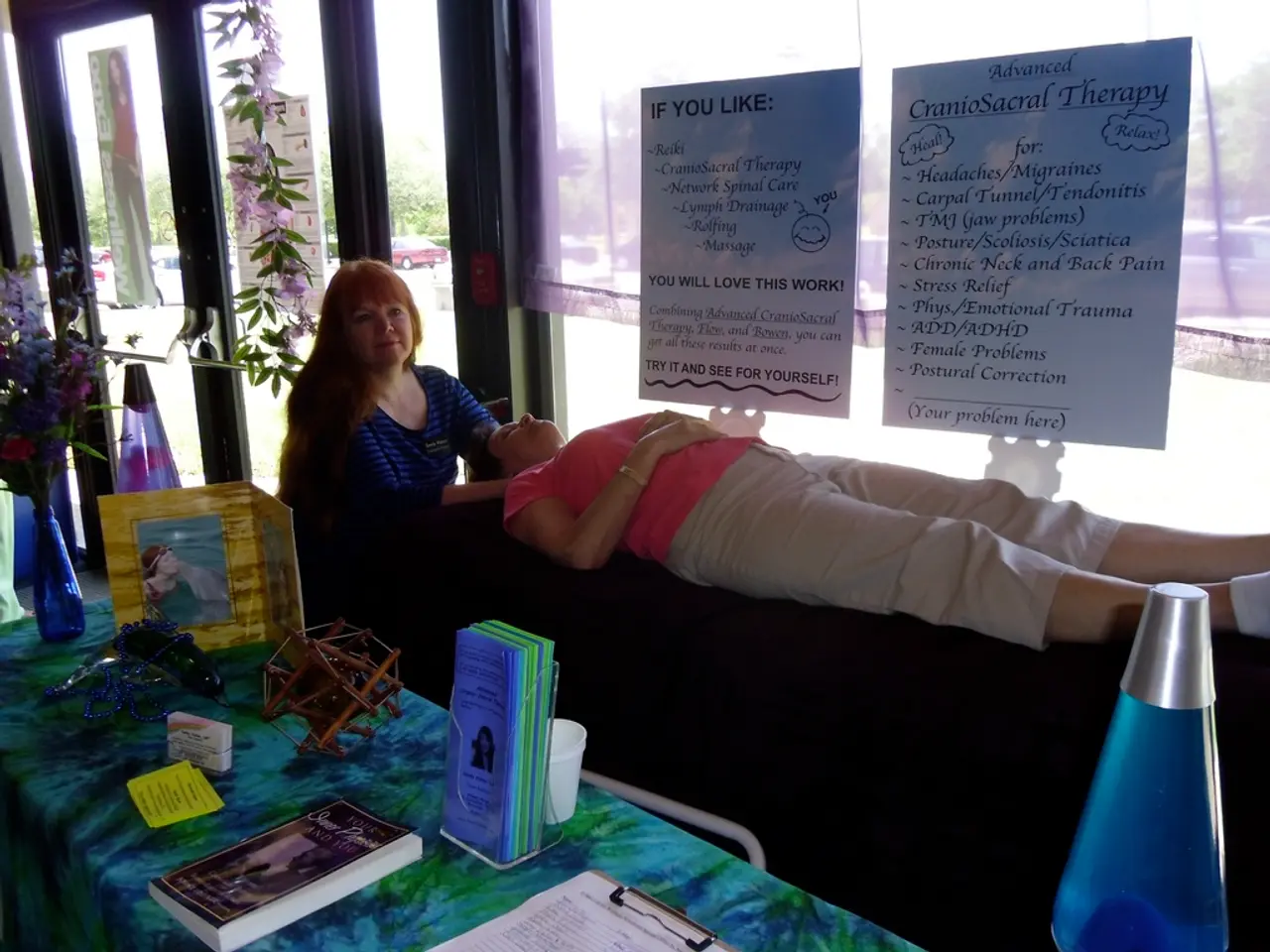Tai Chi Could Potentially Aid Stroke Survivors in Overcoming Depression, Anxiety, and Sleep Disorders
Tai Chi Offers Benefits for Stroke Survivors in Managing Depression, Anxiety, and Sleep Problems
A study conducted by Dr. Ruth Taylor-Piliae has found that practicing tai chi for one hour, three times a week can help stroke survivors sleep better and alleviate symptoms of depression and anxiety.
The study, which focused on stroke survivors with mild to moderate depression, stress, and anxiety, recruited 11 participants. Each participant was asked to take part in a tai chi class for eight weeks. Each class consisted of a 10-minute warm-up, 40-minutes of tai chi exercise, and a 10-minute cool-down period using the Wu style of tai chi.
The study did not find that tai chi affected inflammation levels but did reduce oxidative stress, a factor shown to play a role in chronic disease. It is important to note that the study did not discuss the effects of tai chi on preventing strokes.
Tai chi offers significant benefits for stroke survivors in several ways. By coordinating breathing, awareness, and movement, tai chi enhances concentration and nervous system function, lowering sympathetic nervous tension and calming the mind. Tai chi also promotes emotional regulation and mindfulness, reducing mental chatter and anxiety, which often interferes with both mood and sleep. Additionally, tai chi can improve sleep quality by promoting physical relaxation and regulating the autonomic nervous system, potentially curbing inflammatory responses associated with mood and sleep disturbances.
For stroke survivors, tai chi also supports physical recovery by improving balance and muscle coordination, which can indirectly enhance mental health by increasing independence and confidence. It is a low-cost, accessible, and safe rehabilitation exercise that can be integrated into community and primary care programs to holistically address mental health and physical recovery after stroke.
While existing studies show promising results, some have methodological limitations and variability in exercise intensity and frequency, warranting further research for standardized clinical recommendations. Nonetheless, the current evidence supports tai chi as an effective non-pharmacological intervention to reduce depression, anxiety, and improve sleep problems in stroke survivors.
If you're interested in starting tai chi at home, there are numerous resources available. You can find easy beginner's tai chi videos on YouTube or DVDs to guide you through the practice. By incorporating tai chi into your daily routine, you may find significant improvements in your mental and physical health.
- The study that focused on stroke survivors did not discuss the effects of tai chi on inflammation levels, but it did lower oxidative stress, which plays a role in heart health, as chronic disease is associated with inflammation.
- Tai chi promotes emotional regulation and mindfulness, decreasing mental chatter and anxiety that can lead to sleep disturbances and negatively impact mental health.
- By improving sleep quality through physical relaxation and autonomic nervous system regulation, tai chi can potentially contribute to the overall health-and-wellness of stroke survivors, as good sleep helps maintain mental-health stability.




